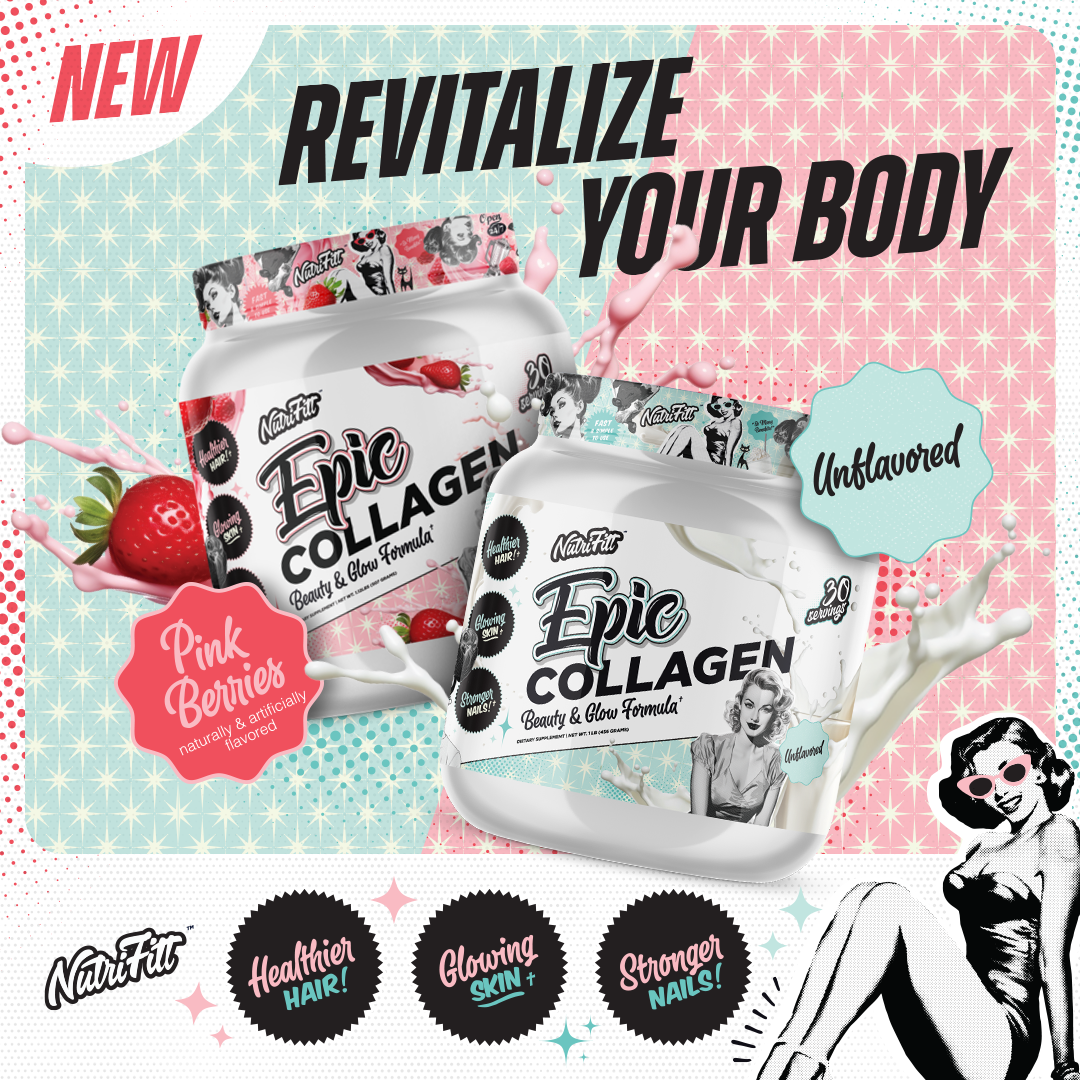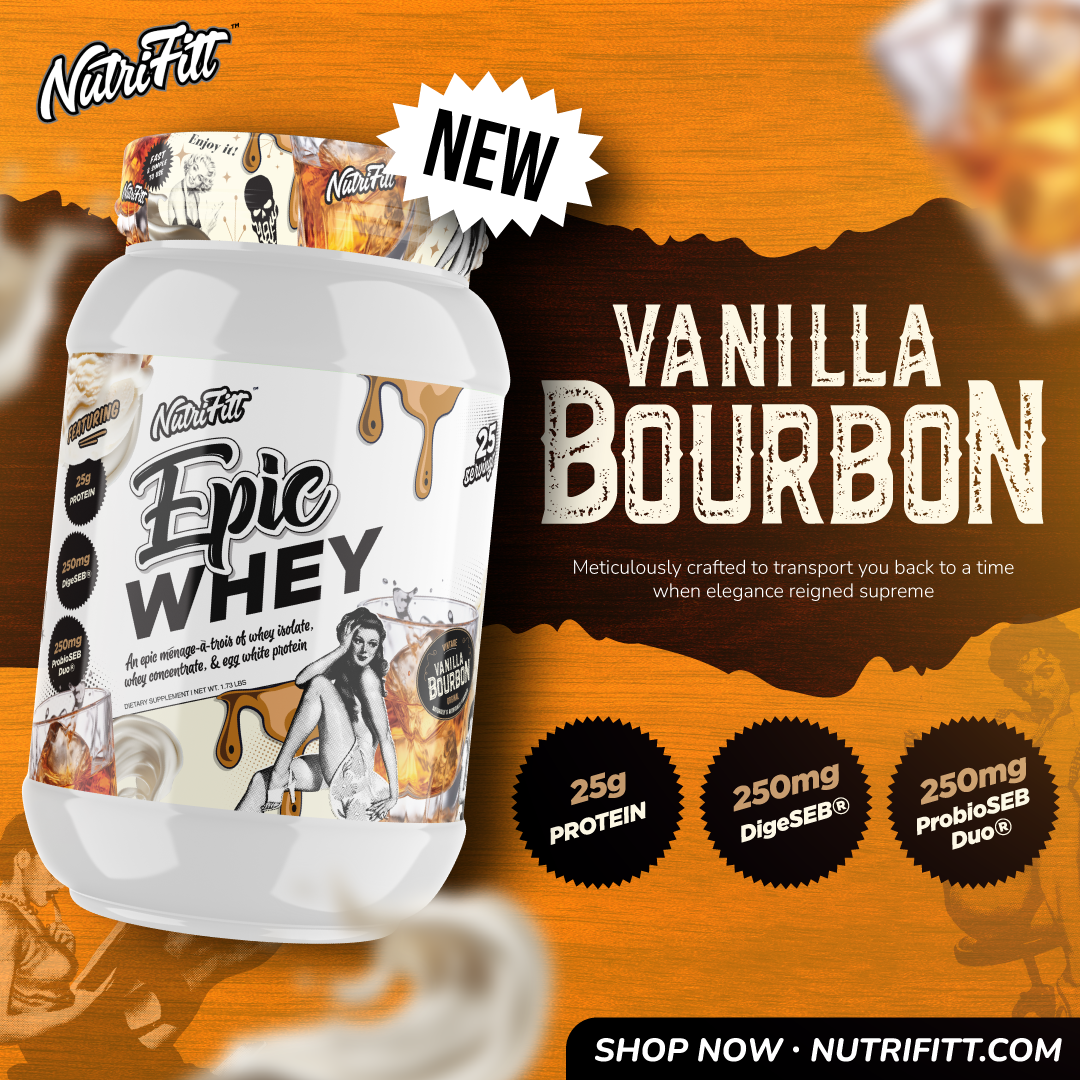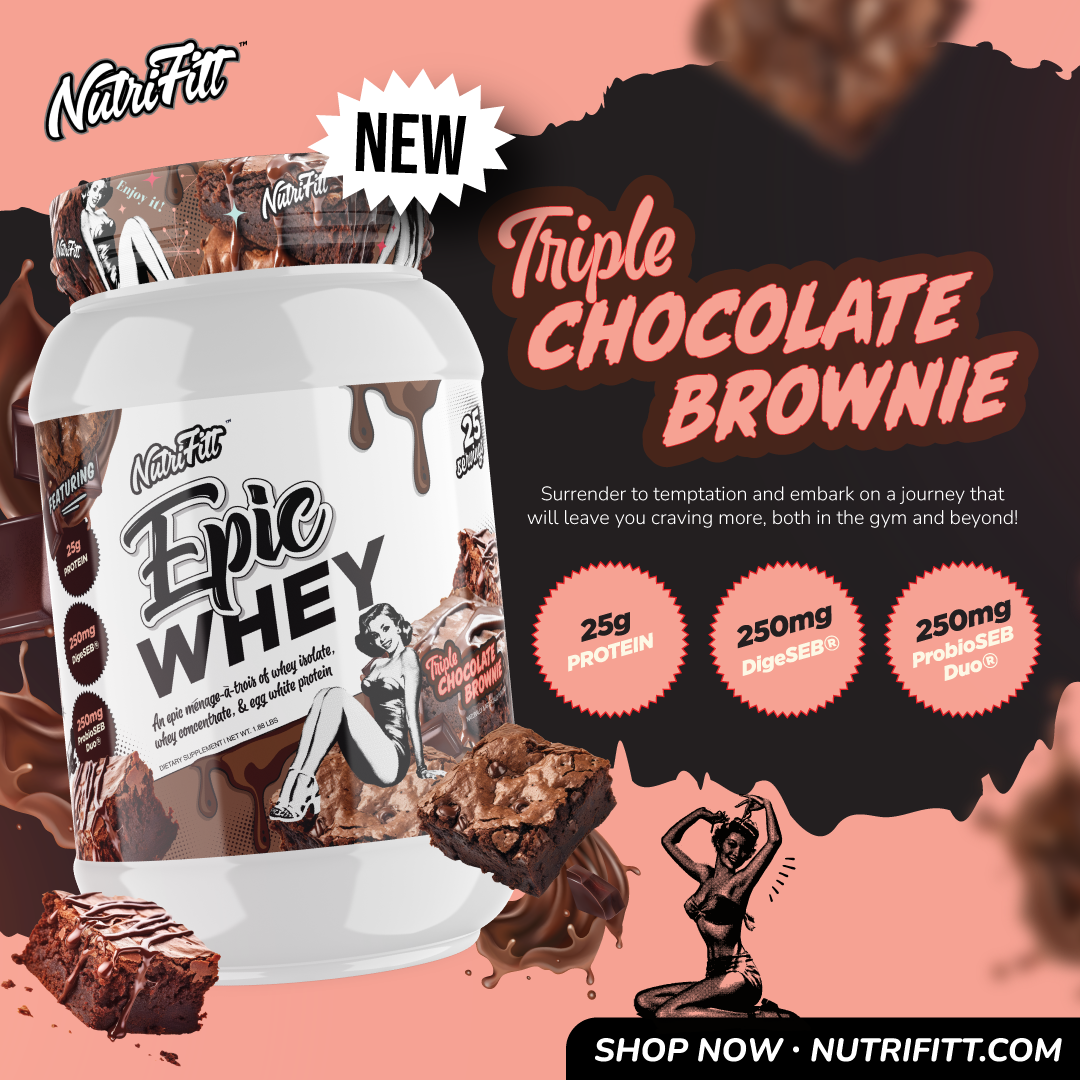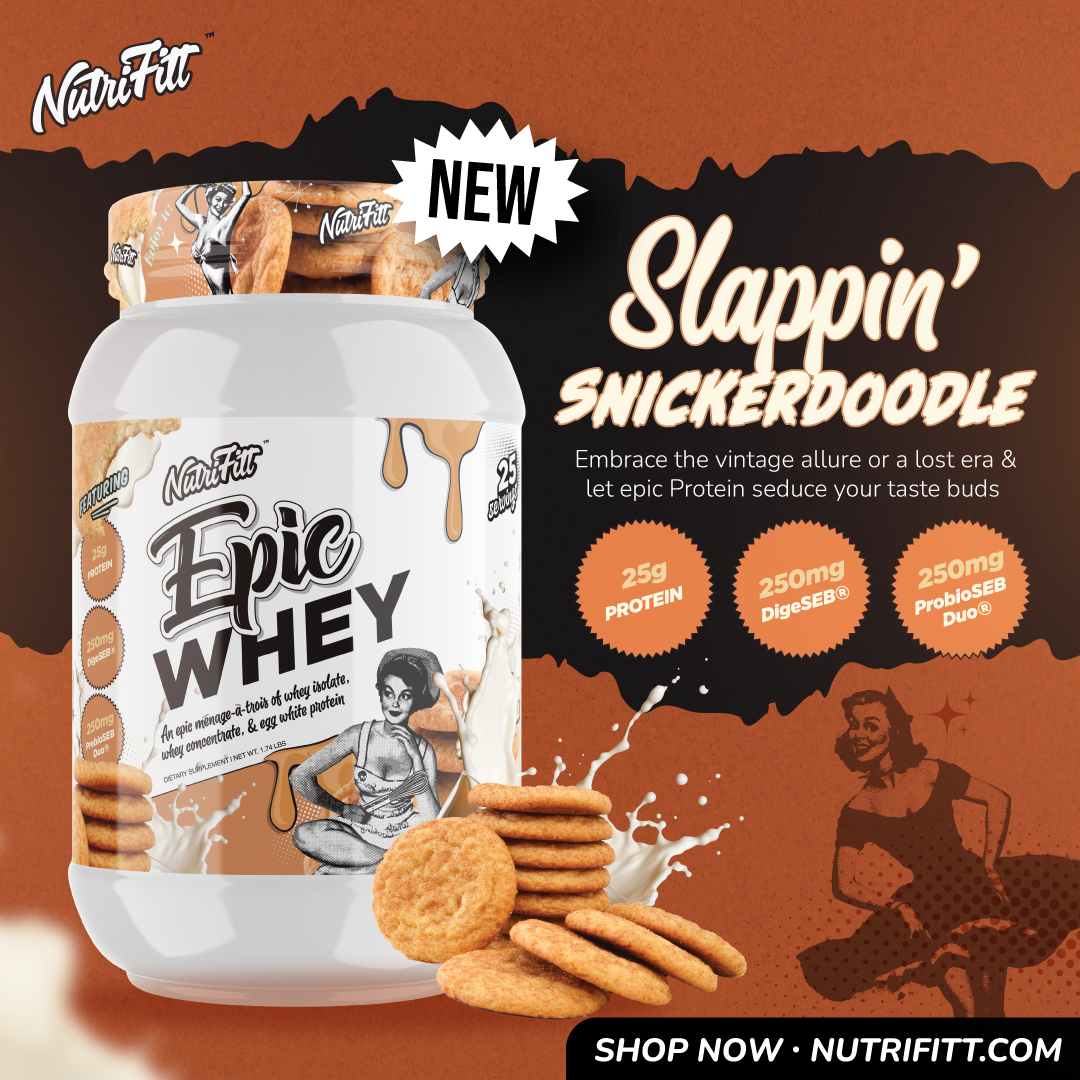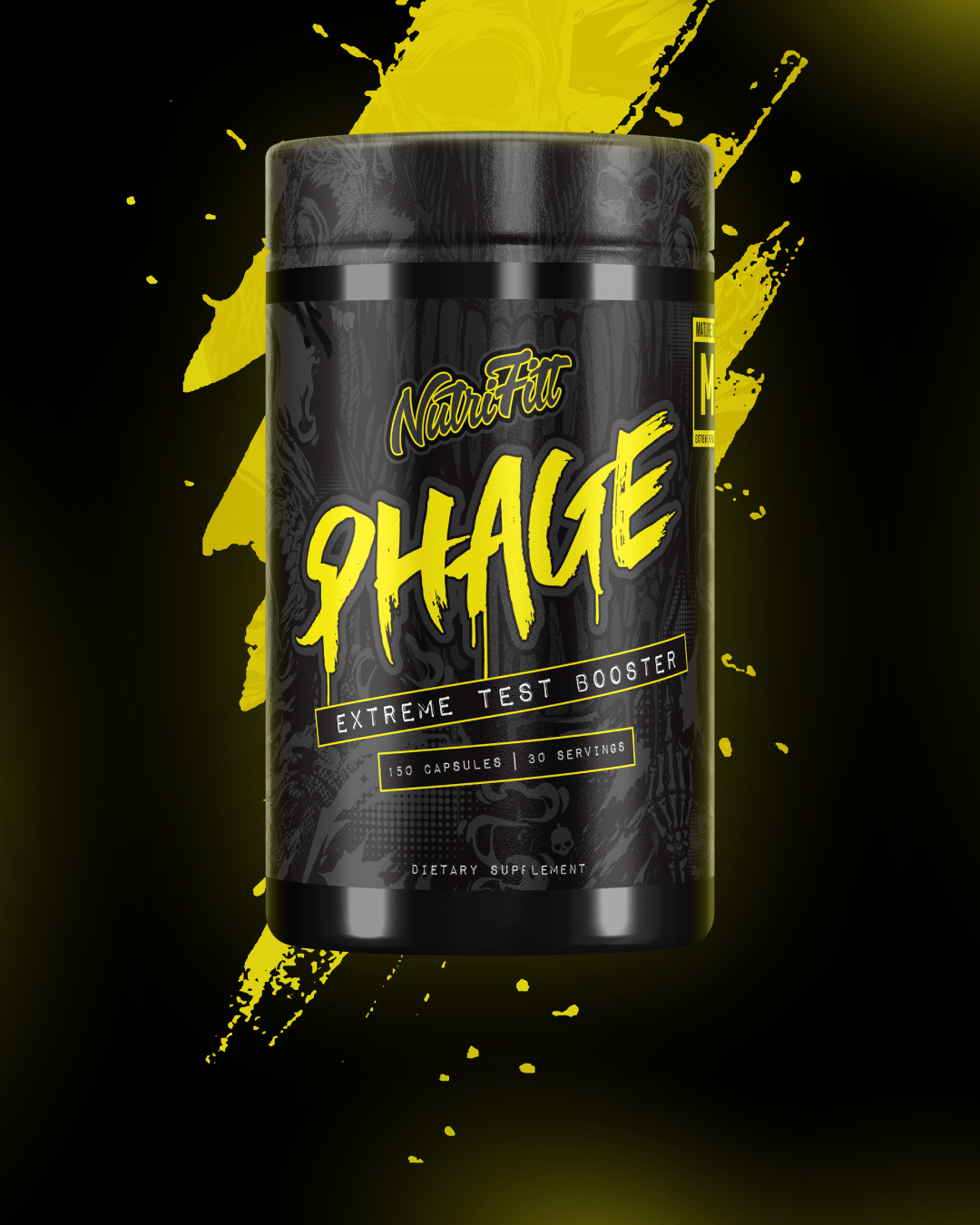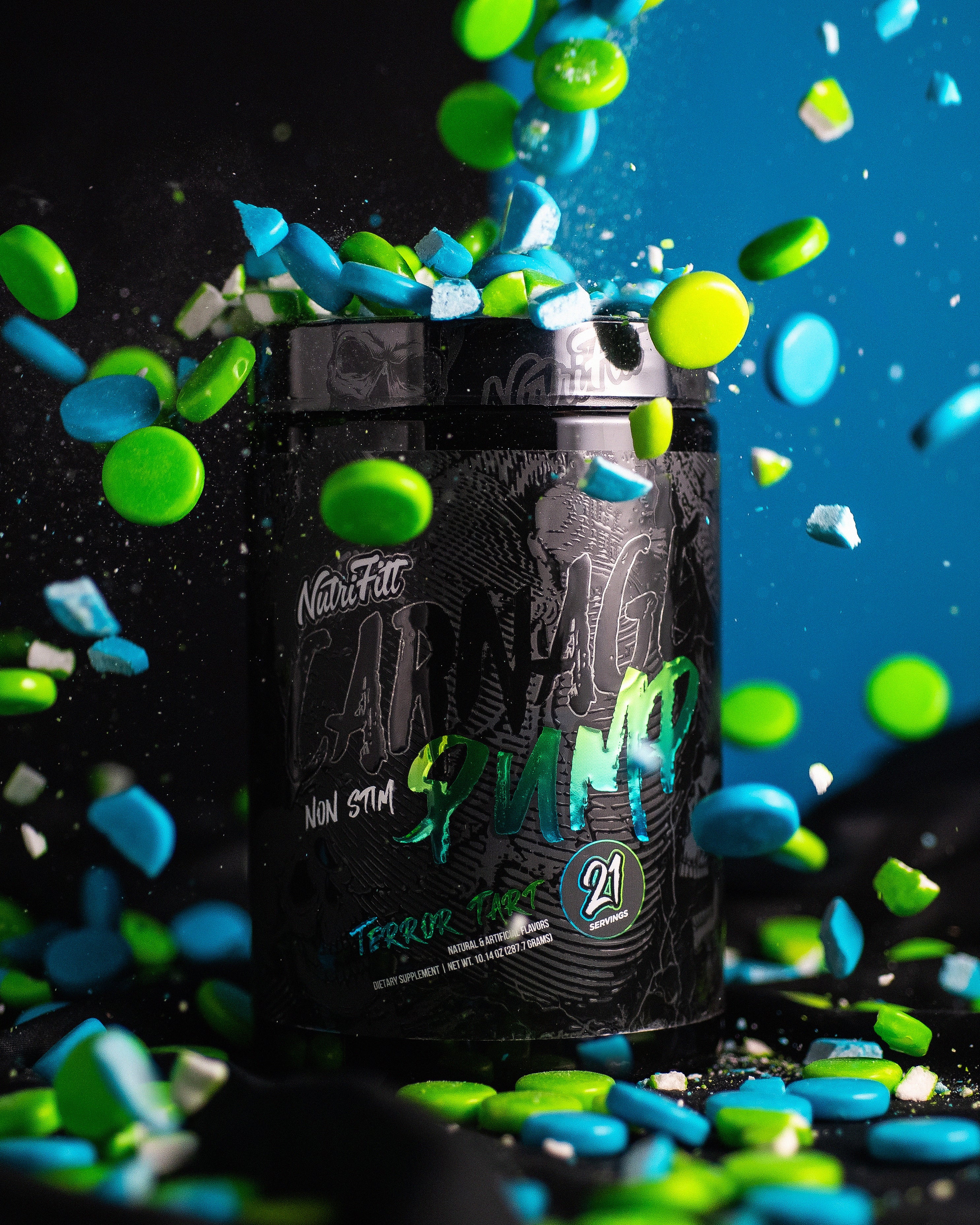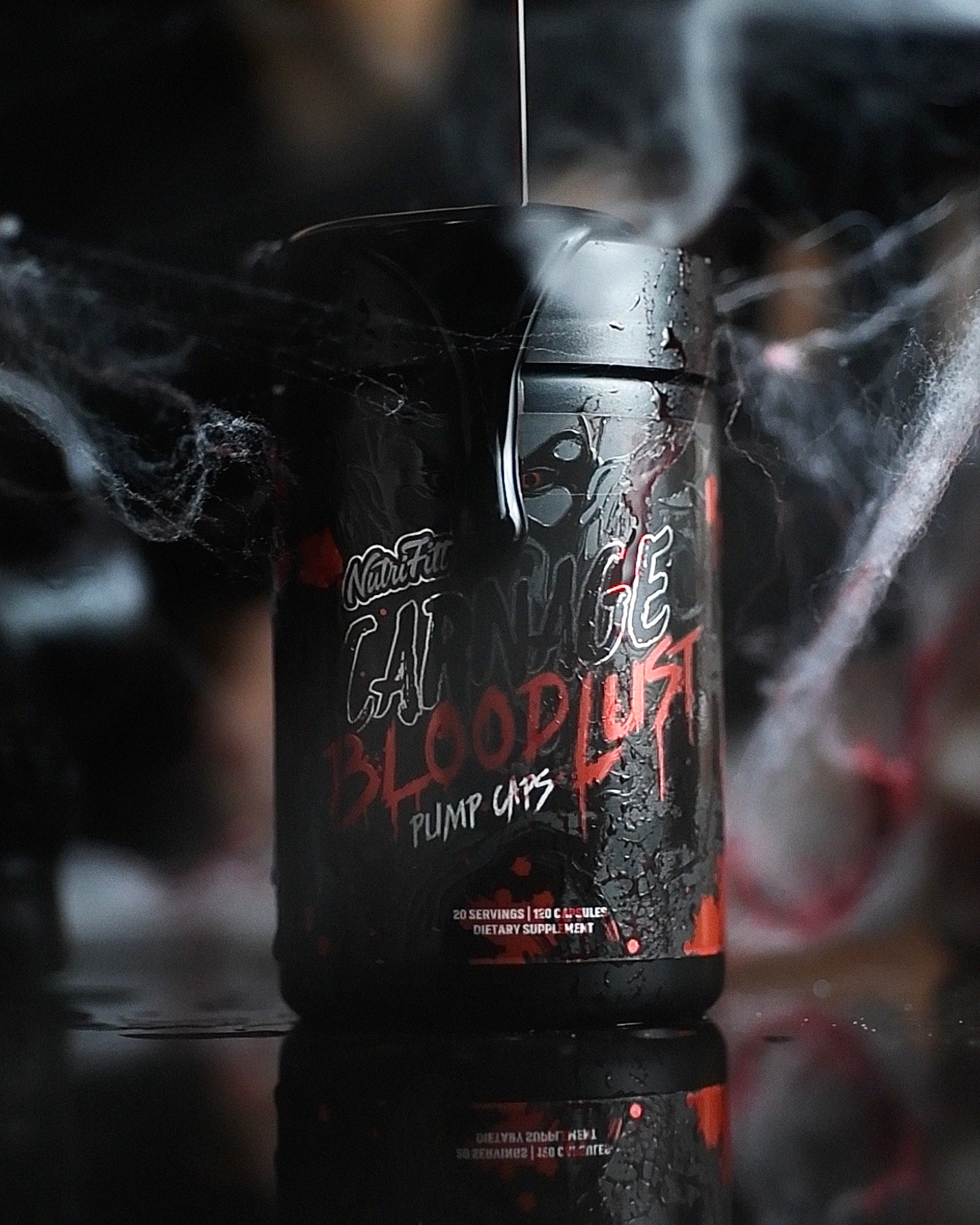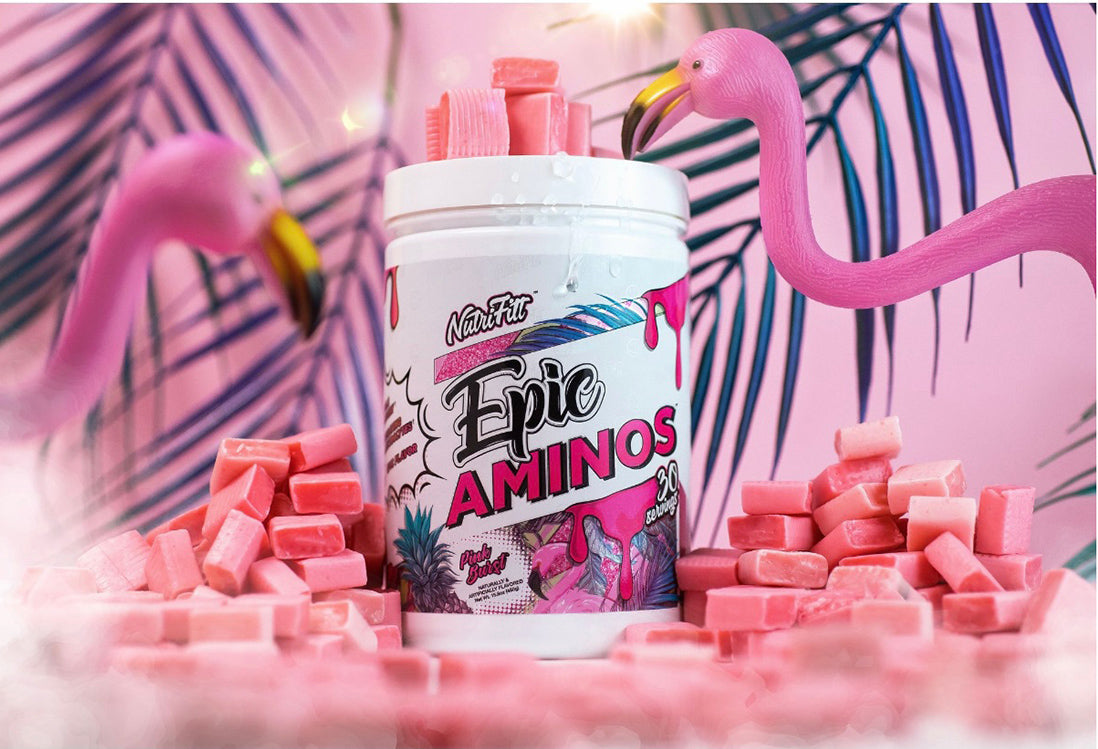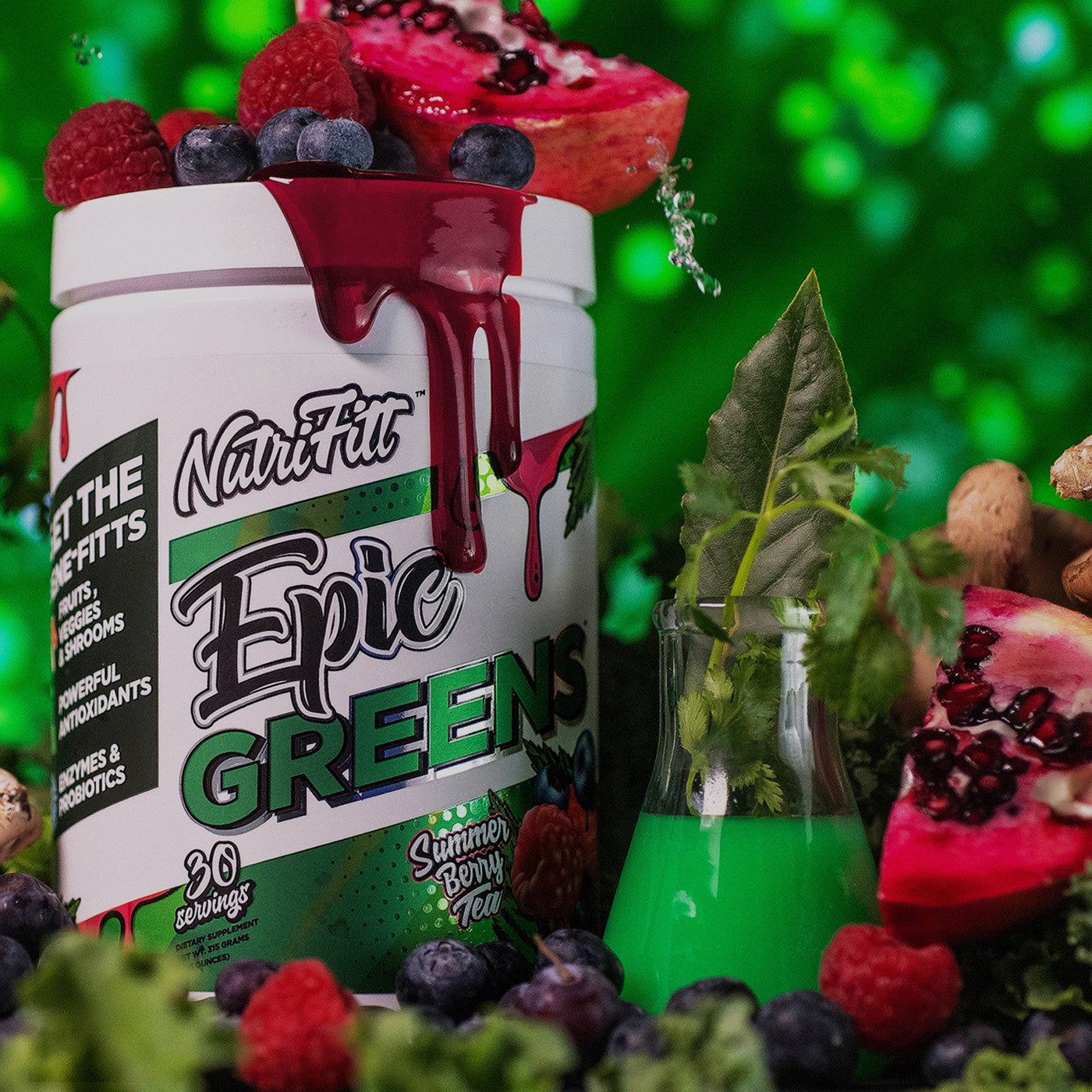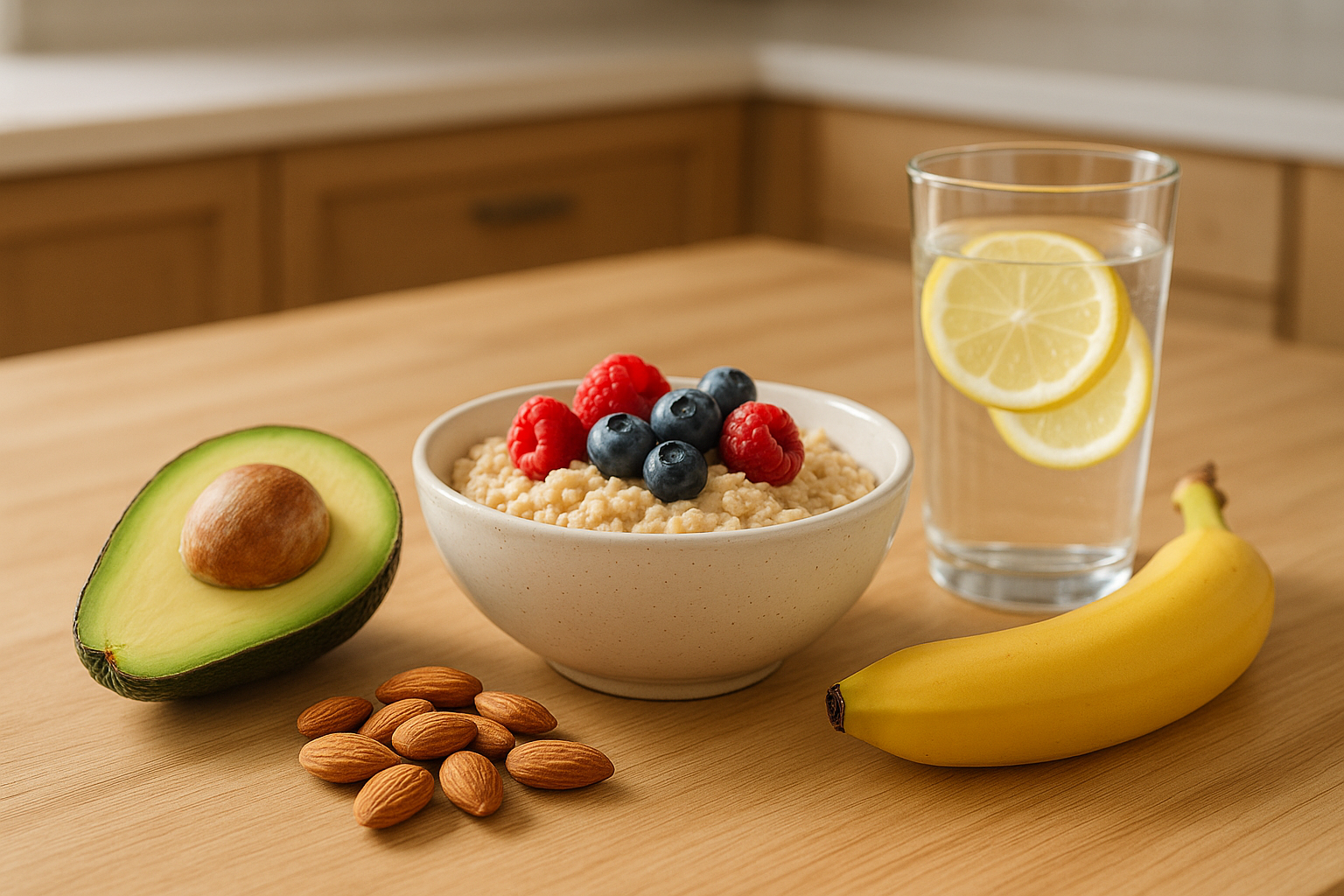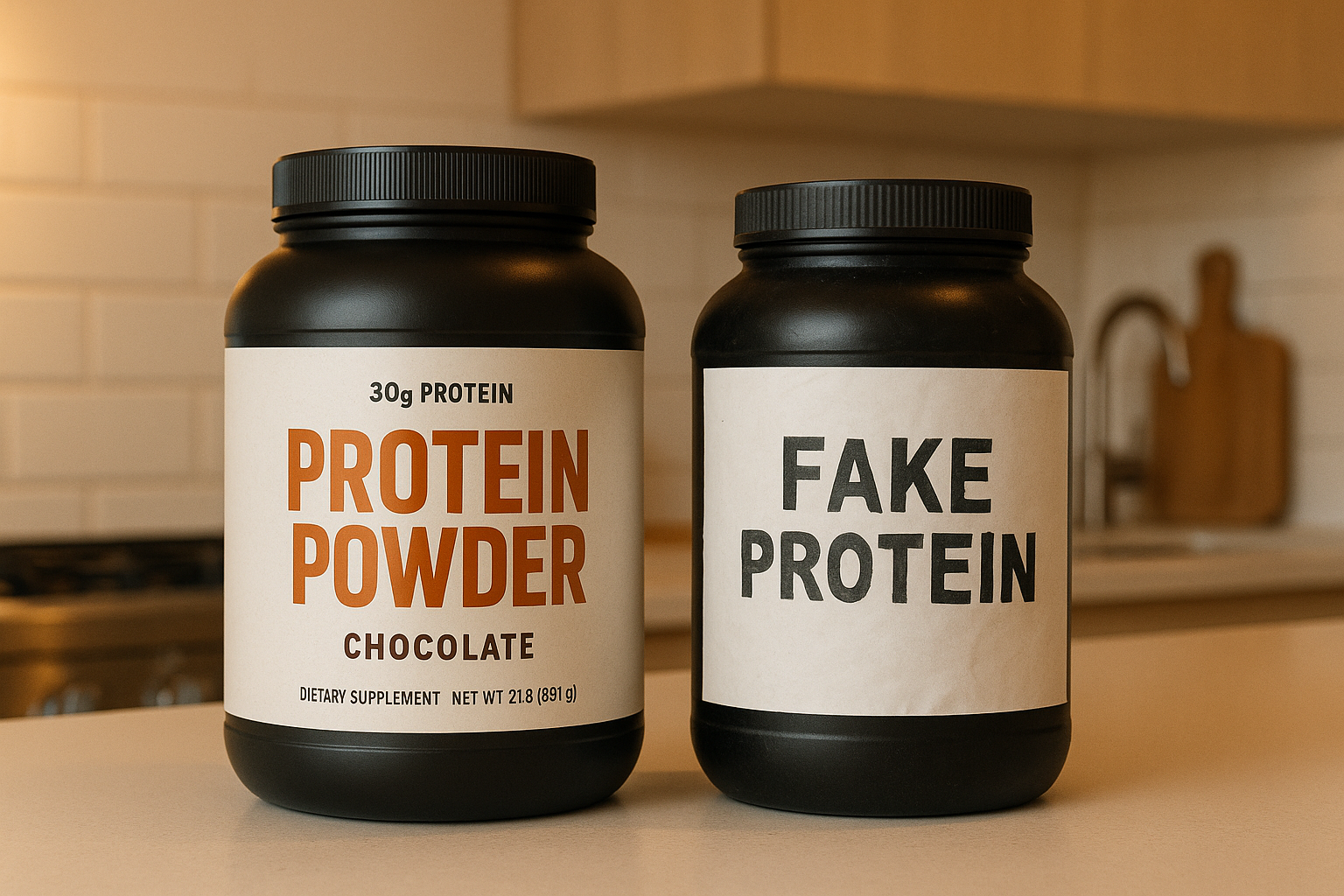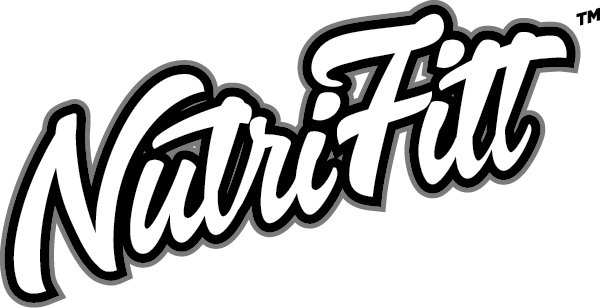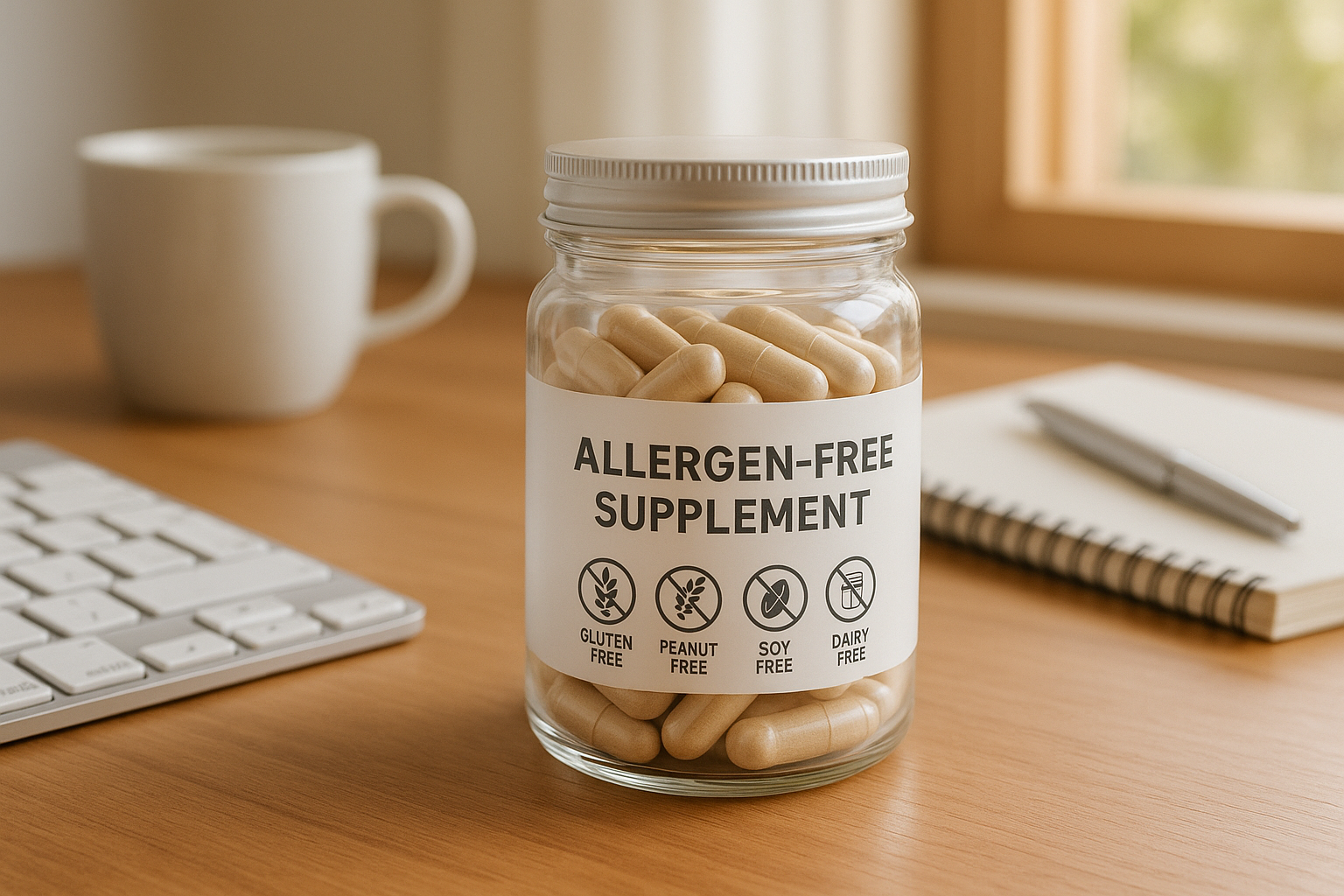
Top Certifications for Allergen-Free Supplements
Food allergies impact millions, and choosing safe supplements is crucial. Certifications ensure products are free from allergens, contaminants, or misleading claims. Here's a quick rundown of the top certifications:
- Certified Free From (CFF): Covers all major allergens, with rigorous testing to prevent cross-contact.
- NSF Certified for Sport: Focuses on purity, banned substances, and label accuracy - ideal for athletes.
- Certified Gluten-Free: Ensures products contain less than 10 ppm of gluten, perfect for celiac disease or sensitivities.
- USP Verified Mark: Guarantees label accuracy and safety from heavy metals and contaminants.
- Non-GMO Project Verified: Confirms ingredients are free from genetic modification, supporting clean sourcing.
Each certification targets specific needs, whether you're avoiding allergens, gluten, GMOs, or contaminants. Use this guide to make informed choices for your health and fitness goals.
1. Certified Free From (CFF)
The Certified Free From (CFF) program by MenuTrinfo is a third-party certification designed to validate allergen-free claims. Its purpose is to address a major issue in the supplement industry: undeclared allergens, which are the leading cause of most Class 1 product recalls.
Covered Allergens or Sensitivities
The CFF program ensures thorough allergen coverage. Starting January 6, 2025, MenuTrinfo updated its certification to align with FDA allergen labeling guidelines. Now, there are two versions of the CFF seal: one that includes all FDA-defined tree nuts (including coconut) and another that excludes coconut, clearly marked with a disclaimer[4]. This update is particularly vital as over 32 million Americans live with food allergies to one or more major allergens[8].
Verification Process
The certification process for CFF is stringent, going well beyond basic ingredient checks. MenuTrinfo employs standardized testing to ensure allergen-free integrity throughout production. The process includes several key steps:
- Supplier and ingredient approval
- Operations review
- Testing of food contact surfaces
- Final seal approval[8]
Trained auditors from ASI, certified in food allergen management, conduct detailed reviews of procedures and perform annual facility inspections to prevent cross-contact. The program is accredited by the ANSI National Accreditation Board (ANAB) and complies with ISO 17065 standards, ensuring it meets international benchmarks for accuracy and dependability through yearly ANAB audits[8]. This rigorous system builds consumer confidence in the certification.
Consumer Trust and Transparency
In 2021, 61% of consumers reported being more likely to buy an allergen-free product displaying the CFF seal. Betsy Craig, president and CEO of MenuTrinfo, highlighted the importance of this trust:
"The CFF seal delivers confidence to the consumer through our internationally accredited standards and scheme certification. We believe it is time to treat the food allergic community with the same transparency, respect and solution as we do those that need a gluten-free option”
By eliminating vague claims, the CFF certification offers verified assurance through routine testing, annual audits, and regular ingredient reviews.
Relevance to Allergen-Conscious Consumers
For the 85 million Americans seeking products free from at least one major allergen, the CFF certification provides essential peace of mind. Addressing these concerns, a MenuTrinfo Client Relations Specialist shared:
"In over 30 years leading food safety teams in food manufacturing plants, I always wondered when allergens would be taken more seriously. Now that CFF is here and accountability exists at the manufacturing level, it leads to validated packaging seals for the consumer. Soft claims are simply not good enough for my daughter.”
This detailed process underscores NutriFitt's commitment to ensuring safety and transparency in every product, empowering consumers to navigate the allergen-free market with confidence.
2. NSF Certified for Sport
The NSF Certified for Sport program is a specialized certification designed to ensure supplements are free from substances banned by major sports organizations. While its primary focus isn't allergens, its stringent standards for purity and label accuracy make it a trusted choice for consumers with sensitivities. The rigorous verification process is the backbone of its reliability.
Verification Process
The NSF certification process is thorough and leaves little room for error. It begins with strict adherence to Good Manufacturing Practices (GMP), requiring facilities to undergo annual or bi-annual audits to meet federal dietary supplement regulations. During these audits, NSF evaluates facilities under GMP guidelines and tests every production lot for 290 banned substances, including stimulants, narcotics, steroids, diuretics, beta-2-agonists, and masking agents. On top of that, they screen for contaminants such as microbes and heavy metals to ensure both safety and label accuracy.
Consumer Trust and Transparency
NSF operates as an independent, accredited organization dedicated to global health protection. This independence strengthens its credibility, making the NSF mark one of the most trusted symbols in the supplement industry. Products with this certification are respected by consumers, manufacturers, retailers, and regulatory agencies because they guarantee the absence of unsafe contaminants, prohibited substances, or masking agents. Moreover, the certification ensures that the product contents align perfectly with the label.
This transparency has earned NSF recognition from major sports organizations, with NSF Certified for Sport products making up 57% of the sports supplement market.
"Certified for Sport® gives both my athletes and myself the reassurance we need that the dietary supplements we choose have been tested and certified for quality, purity and safety."
– Leslie Bonci, MPH, RD, CSSD, LDN, Kansas City Chiefs Sports Dietitian, Klean Athlete® Sports Nutrition Advisor
For athletes and meticulous consumers alike, this certification inspires confidence, ensuring every ingredient is accounted for.
Relevance to Allergen-Conscious Consumers
Although primarily designed for athletes, the NSF certification process also benefits allergen-conscious consumers by verifying product integrity through rigorous testing and label accuracy. Additionally, NSF offers a gluten-free certification that adheres to the FDA's Gluten-Free Labeling Final Rule, reflecting its dedication to addressing diverse consumer needs.
"NSF has created a complete program where my unique certified organic, Non-GMO Project verified, certified gluten-free and Certified for Sport® products are traceable, verified and certified from 'cradle to shelf.' This type of third-party auditing helps us provide our customers with full assurance and 100% traceability."
– Jeffrey Brams, General Counsel and VP of Science
For NutriFitt customers, this certification is invaluable - it ensures performance-enhancing supplements are also safe for those with allergen concerns. Whether you're an athlete or someone with specific dietary needs, NSF's commitment to safety and transparency delivers peace of mind.
3. Certified Gluten-Free
The Certified Gluten-Free label represents a high standard designed to protect individuals with celiac disease and gluten sensitivities. To earn this certification, products must contain no more than 10 parts per million (ppm) of gluten - half the FDA’s limit of 20 ppm. This stricter threshold ensures an added layer of safety for consumers. NutriFitt proudly aligns this certification with its broader commitment to supplement quality and safety.
Covered Allergens and Sensitivities
This certification specifically addresses gluten from wheat, barley, and rye. Certified products cannot include barley-based ingredients, which are a common source of gluten contamination. Even naturally gluten-free grains and legumes can encounter gluten during harvesting, storage, or transportation. That’s why certification is so important - it guarantees that products meet strict safety standards and remain uncontaminated.
"Gluten-free certification is a process designed to protect consumers with celiac disease and other gluten-related disorders by confirming that a food, drink or supplement meets strict standards for gluten-free safety." – Beyond Celiac
Verification Process
The Gluten-Free Certification Organization (GFCO) implements a detailed 80-step process to verify compliance. It starts with a comprehensive application where companies provide operational details, including ingredient sourcing and handling. GFCO evaluates each ingredient for potential contamination risks. High-risk items, like grains, undergo testing for every batch, while routine audits and random checks ensure ongoing compliance. Annual inspections further safeguard against cross-contact with gluten.
Consumer Trust and Transparency
This certification has built a reputation for trustworthiness, with more than 60,000 products certified by GFCO. Research shows that 91% of consumers value third-party verification when choosing products, and 76% prefer certifications backed by reputable celiac organizations. Additionally, studies reveal that 98.9% of gluten-free-labeled foods meet the FDA’s 20 ppm rule. GFCO’s stricter 10 ppm limit offers even greater reassurance for those with heightened sensitivities.
Relevance for Allergen-Conscious Consumers
For NutriFitt customers managing gluten sensitivities, this certification provides unmatched assurance. Unlike certifications that focus on entire facilities, GFCO certifies individual products, confirming that each one - from protein powders to pre-workout supplements - meets rigorous gluten-free standards. For those with celiac disease or severe gluten sensitivities, this eliminates the guesswork, empowering you to focus on your fitness and wellness goals with confidence.
sbb-itb-7567710
4. USP Verified Mark
The USP Verified Mark is one of the most trusted quality certifications in the supplement world, backed by over 200 years of expertise from the U.S. Pharmacopeia. This mark ensures that supplements contain exactly what’s listed on the label and are free from harmful contaminants - an assurance that’s especially valuable for those with allergen sensitivities.
Allergens and Contaminant Control
While the USP Verified Mark doesn’t guarantee that supplements are free from common allergens like dairy or nuts, it does enforce strict controls on harmful contaminants. This certification ensures products are free from unsafe levels of heavy metals, pesticides, and microbes. By meeting these rigorous standards, NutriFitt reinforces consumer trust with verified product safety.
How the Verification Works
USP’s verification process is thorough and goes far beyond basic testing. Here’s what it includes:
- Facility Audits: Ensures compliance with USP guidelines and FDA’s current Good Manufacturing Practices.
- Document Reviews and Testing: Examines quality control records and conducts lab tests to confirm that supplements meet USP standards.
- Ongoing Market Testing: Continuously monitors products to maintain quality over time.
This step-by-step approach ensures contaminants are controlled throughout the entire production cycle.
Building Consumer Trust
The USP Verified Mark has earned widespread recognition and credibility among both consumers and healthcare professionals. Its rigorous testing and verification process have made it a symbol of quality. To date, the mark has appeared on over 700 million product labels. Studies show that 82% of healthcare professionals prefer recommending USP-verified products, and 77% of consumers are willing to pay more for the added assurance. Even the Children's Hospital of Philadelphia advises patients to look for "USP Verified" supplements, underscoring its importance in healthcare.
"If it's USP Verified, consumers can trust that what's on the label is what's in the bottle." – USP
Why It Matters for Allergen-Conscious Buyers
For NutriFitt customers, the USP Verified Mark is a key indicator of safety and transparency. It confirms that the supplements contain exactly the ingredients and dosages listed on the label, reducing the risk of cross-contamination during manufacturing. This aligns with NutriFitt’s focus on allergen-free quality, providing peace of mind for consumers with sensitivities while ensuring product integrity and safety.
5. Non-GMO Project Verified
The Non-GMO Project Verified certification is a well-known and trusted label in North America for those looking to avoid genetically modified organisms (GMOs). While this certification doesn’t specifically address allergens like dairy or nuts, it complements allergen-free certifications by ensuring ingredients are sourced without genetic modification. For health-conscious consumers, this label provides reassurance that their supplements are free of GMOs.
Covered Allergens or Sensitivities
For individuals seeking supplements with pure and unaltered ingredients, the Non-GMO Project Verified seal ensures that products are made without genetic engineering or GMO-derived components. Some consumers opt for non-GMO products due to concerns about the potential link between GMOs and the rise in food allergies and intolerances. The certification enforces a strict threshold of 0.9% for GMO contamination, aligning with the European Union's mandatory labeling standards. It specifically targets high-risk crops such as corn, soy, canola, sugar beet, alfalfa, papaya, zucchini, potato, cotton, and apple. According to USDA estimates, as much as 70% of packaged foods in the United States contain GMOs or their derivatives, highlighting the importance of this certification.
Verification Process
The Non-GMO Project follows a thorough and detailed verification process that typically takes between 3 to 6 months. This process involves four independent technical administrators to ensure an impartial evaluation [28]. As described by the Non-GMO Project:
"Non-GMO means a product was produced without genetic engineering and its ingredients are not derived from GMOs. Non-GMO Project Verified specifically means that a product is compliant with the Non-GMO Project Standard, which includes stringent provisions for testing, traceability, and segregation."
Verification includes DNA-based testing conducted at key control points by ISO-17025 accredited labs. Companies must also submit extensive documentation - such as invoices, certificates of analysis, and standard operating procedures - to confirm ingredient sourcing. For products with high-risk GMO inputs, custom sampling plans are implemented to ensure statistical confidence. To maintain certification, products undergo annual evaluations and random ingredient testing.
Consumer Trust and Transparency
The Non-GMO Project Verified seal has become a symbol of trust for consumers, with sales of verified products growing by about 20% over the last three years. According to the Non-GMO Project:
"The Non-GMO Project Verified seal is the fastest-growing label in the natural products industry...The Butterfly is North America's most trusted label for GMO avoidance and the most widely recognized food certification after USDA certified organic."
This certification emphasizes transparency, offering clear labeling that acknowledges potential contamination risks and the complexities of modern food systems. As of August 1, 2025, the verification fee for most products is $115, though costs may vary depending on the number of products and the presence of high-risk ingredients.
Relevance to Allergen-Conscious Consumers
Although the Non-GMO Project Verified label doesn’t directly address common allergens, it offers added confidence for those prioritizing clean ingredient sourcing. Many consumers choose non-GMO products to reduce potential health risks, including concerns about allergies. When paired with allergen-specific certifications, this seal reinforces NutriFitt’s dedication to producing supplements with integrity. By building on organic standards and emphasizing traceability and segregation, this certification supports consumers managing multiple sensitivities or simply seeking the cleanest possible options for their health.
Certification Comparison Chart
The table below highlights the key differences among leading allergen-free certifications, simplifying the process of finding the ones that best match your health needs and dietary concerns. Take a look to see how these certifications stack up side by side.
| Certification | Allergen Coverage | Testing Methods | Primary Benefits | Ideal For |
|---|---|---|---|---|
| Certified Free From (CFF) | Covers all 9 major FDA allergens: milk, eggs, fish, shellfish, tree nuts, peanuts, wheat, soy, sesame | Comprehensive testing of raw materials, finished products, and equipment | Developed by food allergy experts; targets undeclared allergens, a major cause of product recalls | Individuals with multiple allergen sensitivities |
| NSF Certified for Sport | Heavy metals, pesticides, herbicides, and over 270 banned substances | Tests for contaminants, masking agents, label accuracy, and cGMP compliance | Recognized by athletic organizations; extensive contamination screening | Athletes and fitness enthusiasts |
| Certified Gluten-Free | Focuses on gluten only (certified at 10 ppm or less) | Uses ELISA technology to detect gluten proteins | Tailored for individuals with celiac disease or gluten sensitivity | Those with celiac disease or gluten sensitivity |
| USP Verified Mark | Contaminants, heavy metals, and pesticides | Testing includes potency, dissolution, and contamination checks | Meets pharmaceutical-grade standards with rigorous ingredient verification | Consumers prioritizing quality and purity |
| Non-GMO Project Verified | Ensures products are free from GMO contamination | Employs rigorous testing methods | Widely recognized for confirming the absence of genetically modified organisms | Shoppers avoiding GMOs |
The certifications differ significantly in their testing methods. For example, inorganic allergens are tested using ICP or AA methods, while protein allergens - like gluten, tree nuts, and fish - are identified through Enzyme-Linked Immunosorbent Assay (ELISA) technology. These distinctions explain why some products display multiple certification seals. For instance, a supplement designed for athletes with gluten sensitivity might carry both the NSF Certified for Sport and Certified Gluten-Free seals to address different safety concerns with specialized testing.
The level of protection also varies widely. Some certifications cover a broad range of allergens, while others focus on specific concerns. Combining certifications can provide more comprehensive safety for those managing multiple sensitivities.
NutriFitt takes pride in adhering to the highest safety standards by selecting certifications that address diverse consumer needs. Use the chart above to determine which certification combinations suit your health goals and dietary preferences.
Conclusion
Allergen-free certifications play a critical role in protecting your health while supporting your fitness goals. With a large portion of Americans managing allergies or intolerances, these certifications provide essential reassurance for those striving to maintain their wellness routines.
Whether you're navigating concerns about the Big 9 allergens - responsible for 90% of severe allergic reactions - or addressing specific dietary sensitivities, certifications are tailored to fit your needs. It's all about understanding what each certification offers and how it aligns with your personal health priorities.
When purchasing supplements, look for certification labels on the packaging and carefully review ingredient lists for any allergens that may not be covered. Additionally, it's a good idea to confirm the credibility of the certifying organization. If you're unsure, reach out to the supplement company directly to learn more about their allergen-free protocols and testing methods.
For instance, legislation like the FASTER Act of 2021, which added sesame as the 9th major food allergen, and the Food Safety Modernization Act, which underscores allergen control, highlights the progress being made to ensure safety for individuals with allergies. These advancements, paired with rigorous testing practices, create a more secure environment for people relying on supplements.
NutriFitt is committed to upholding these high standards, ensuring every product meets stringent allergen-free criteria. By prioritizing both safety and performance, NutriFitt helps you make informed decisions about your health. Use this guide and comparison chart to select supplements that not only safeguard your well-being but also support your fitness journey.
FAQs
What makes certifications like Certified Free From (CFF) important for ensuring allergen-free supplements are safe for people with food allergies?
Certifications such as Certified Free From (CFF) are vital for guaranteeing the safety of allergen-free supplements. They involve extensive processes, including detailed ingredient reviews, advanced testing methods, and independent third-party audits to ensure products are genuinely free from specific allergens and free from cross-contamination risks.
For individuals with food allergies, these certifications offer much-needed reassurance. They provide a science-based guarantee that the supplements adhere to strict allergen-free standards, making it easier for those with multiple allergies to confidently choose products they can safely use.
Why is the NSF Certified for Sport certification important for athletes and individuals with allergen concerns?
The NSF Certified for Sport certification is a widely recognized standard that guarantees supplements are free from substances prohibited by major sports organizations. This helps athletes steer clear of unintentional doping violations. Additionally, for those with allergies, this certification ensures products meet rigorous safety and quality benchmarks, offering a dependable option for allergen-free supplements.
Why is the Certified Gluten-Free label essential for people with celiac disease, and how is it different from other gluten-free claims?
The Certified Gluten-Free label is a game changer for people with celiac disease. Why? Because it guarantees the product has passed strict third-party testing, ensuring it meets high safety standards and significantly reduces the risk of gluten contamination. For those who must avoid even the tiniest trace of gluten, this certification brings peace of mind.
On the other hand, the FDA's gluten-free standard allows products with less than 20 parts per million (ppm) of gluten to carry the gluten-free label, even without third-party certification. While this standard is legally binding and ensures a baseline level of safety, uncertified products can sometimes be less consistent. That’s why the Certified Gluten-Free label stands out - it provides an added layer of trust for anyone managing celiac disease or severe gluten sensitivities.
